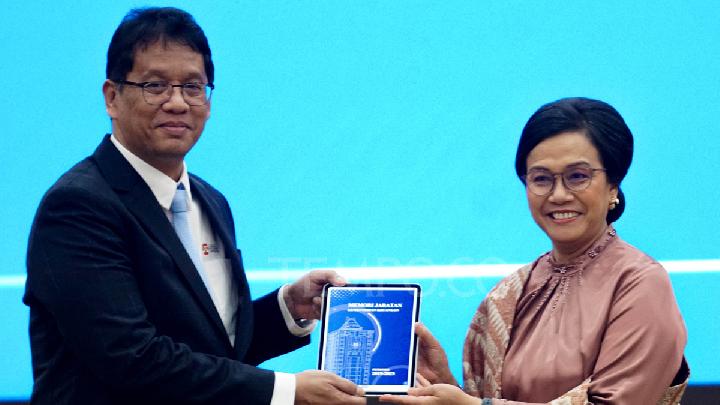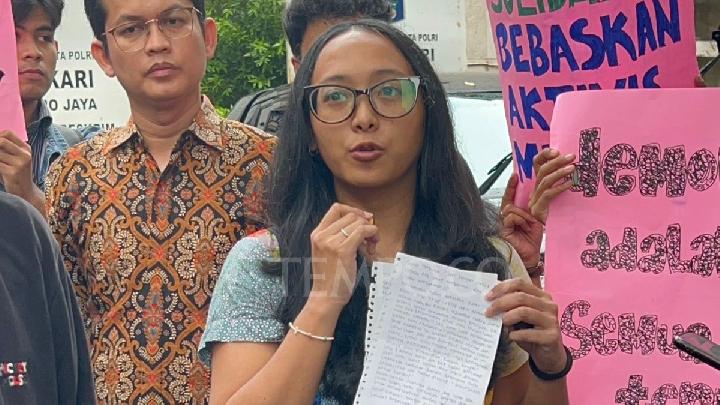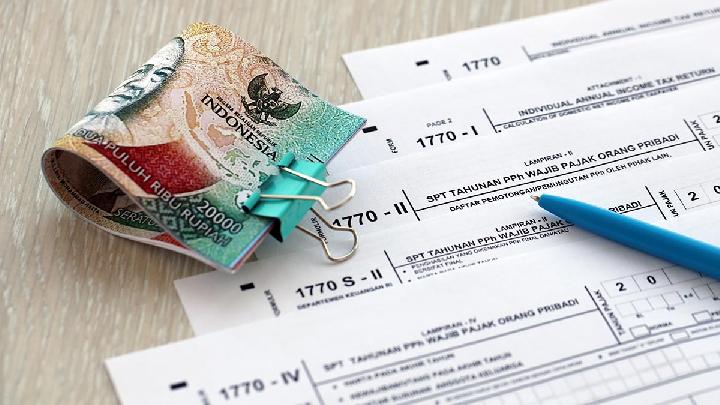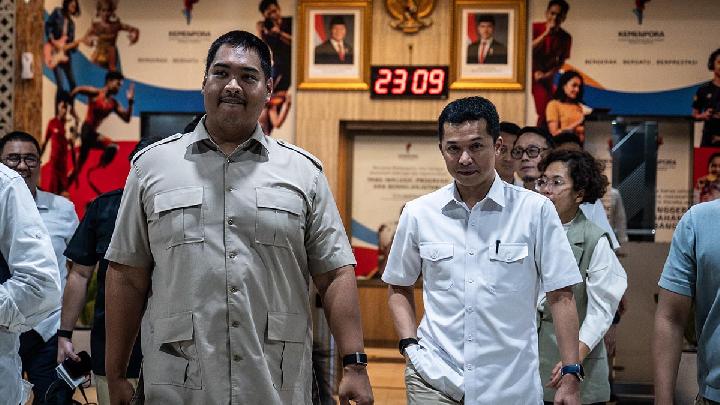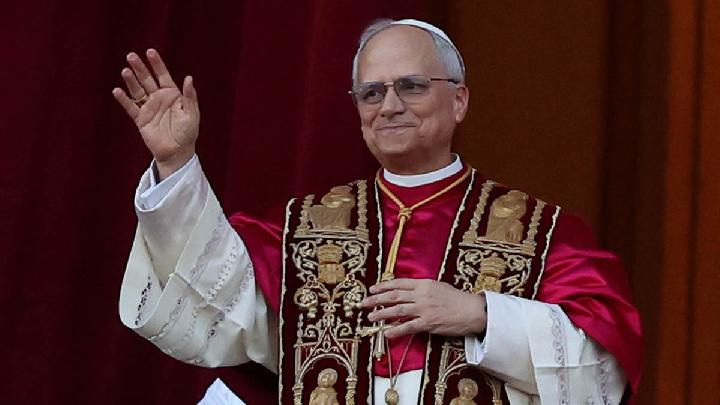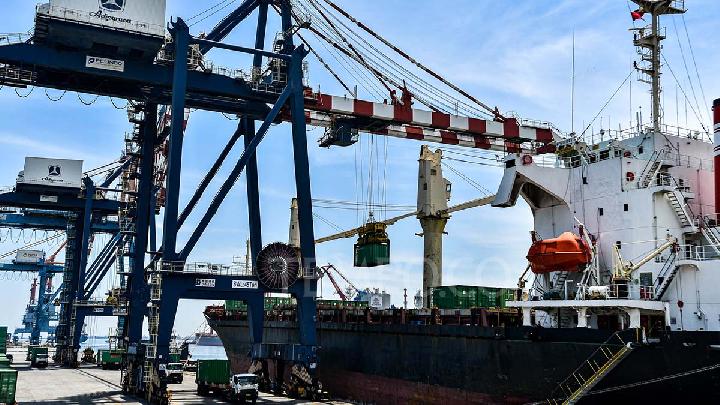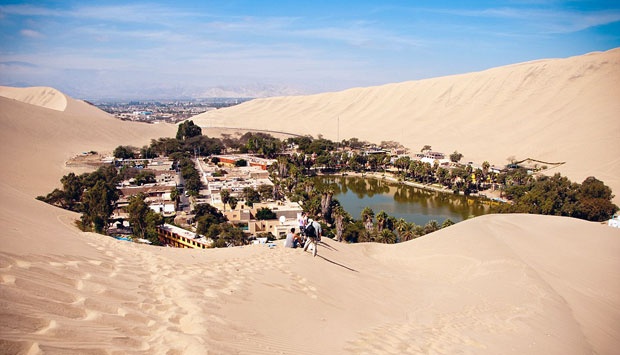TEMPO.CO, Jakarta - More aggressive than the national target, the Bali Provincial Government has set the target of Net Zero Emission (NZE) by 2045. The transition process is not instant but refers to a road map that has been formulated by the Bali Provincial Government together with the Institute for Essential Services Reform (IESR).
Previously, on August 4, 2023, the Bali Provincial Government, together with IESR, declared that Bali is heading towards NZE or Bali Clean Zero Emission by 2045. Based on Bali Governor Regulation Number 45 of 2019 concerning Clean Energy in Bali, IESR has formulated the Bali NZE 2045 Electricity Roadmap, which maps the transition of the electricity system to 100 percent renewable energy in the short term (2025-2035) and long term (2036-2045).
It also addresses challenges such as the surge in electricity demand that exceeds the national average due to the rapid growth of the tourism sector and the increasing economic activities of the Balinese people. The high growth in the need for electricity while Bali is not yet energy independent has led to blackouts which occurred last May, enough to cripple activities in many sectors on this island, a world-renowned tourist destination.
This was mentioned by Wayan Koster, the Governor of Bali, represented by Ida Bagus Setiawan, Head of the Manpower and Energy Resources Office (Disnaker ESDM) at the Launch of the Bali Net Zero Emission 2045 Electricity Roadmap Report in Sanur, Bali, on Tuesday, July 15, 2025.
He said that Bali is supported by a total of about 1,500 MW of power plants that produce around 1,400 MW of power, with the highest peak load reaching 1,200 MW. Meanwhile, the growth of Bali's electricity needs, which reaches 7-8 percent, makes Bali vulnerable to experiencing a power crisis because the available reserves are less than 30 percent, especially if there are improvements to power plants or operational constraints.
Therefore, to achieve energy independence, the Bali Provincial Government is adding several gas-fired power plants and allocating the addition of solar power plants. "With the addition of the intended power plants, the availability of electrical energy will be well maintained, from upstream to downstream, and the reduction of fuel will be through clean energy or new renewable energy," said Setiawan.
The choice to build a gas-fired power plant in the midst of the plan to reach Bali Clean Zero Emission then becomes a question, how will this target run alongside the establishment of power plants with new fossil energy?
In response to this question, Chairman of the Center for Community-Based Renewable Energy (CORE), Udayana University, Ida Ayu Dwi Giriantari, said that this is a short-term plan where in the final phase of the transition to 100 percent renewable energy, it will be replaced. "That is actually a short-term plan, yes, why the gas-fired power plant, it is still fossil fuel, we acknowledge that it is still fossil fuel but it is still clean, so we are transitioning, we cannot change it immediately, while our needs are very high in Bali," she said on Tuesday, July 15, 2025.
At the same time, Fabby Tumiwa, CEO of IESR, expressed optimism that the zero-emission target in the Island of the Gods can be achieved. "We can change from now until 5 years ahead and continue until 2045 if there is commitment, policy consistency, willingness, and courage to execute what we have planned and envisioned," he said.
Renewable Energy Potential in Bali
Bali has a very large potential for renewable energy, according to Fabby, this potential is enough to be confident that Bali Net Zero Emission 2045 can truly be achieved.
"There is wind potential at several points such as in the northern and eastern coastal areas of Bali, Nusa Penida Island, and also the potential for bioenergy from agricultural waste and organic waste, Bali has all the resources needed to build clean energy sources based on local and sustainable energy sources," said Fabby.
Based on IESR's analysis, Bali has a renewable energy potential of 22.04 GW, with the three highest technical potentials coming from solar energy (21 GW), wind (515 MW), geothermal (127 MW), potential for waste energy power plants (59 MW), and technical potential for biomass energy power plants calculated from agricultural and plantation waste production (90 MW). If this potential is optimally utilized, Bali will be able to meet the electricity needs, projected to reach 44.71 TWh in 2045 with 100 percent renewable energy.
Stages Toward Bali's 100 Percent Renewable Energy
At the launch event of the report, Alvin Putra Sisdwinugraha, an Electricity Analysis and Renewable Energy Analyst from IESR, explained that Bali's 100 percent renewable energy by 2045 may occur through four transition period stages.
According to him, during the 2025-2029 phase, the application of renewable energy of 1.5 GW, consisting of solar, biomass, mini-hydro, waste, and wind energy, has the potential to reduce emissions by up to 2.8 million tons of carbon dioxide equivalent. The investment required in this period is estimated to reach 5.8 billion US dollars.
Continuing in the period 2030-2034, "Not as fast as the first phase, with the addition of renewable energy capacities until 2034, it may reach a required addition of renewable energy capacity by 1.4 GW and energy storage of 400 MWh, with an estimated investment of around 1.6 billion US dollars," said Alvin.
Next, in the 2035-2039 phase, the total requirement for additional renewable energy can reach 1.24 GW and requires an investment of around 1.76-4.76 billion US dollars and has the potential to reduce emissions by up to 9 million tons of carbon dioxide equivalent.
The final phase is the most crucial phase, with additional renewable energy capacity during this period reaching 13 - 17.2 GW supported by the addition of energy storage technology amounting to 33.36 - 53.84 GWh. The estimated investment required during the 2040 - 2045 period reaches 26.72 - 34.9 billion US dollars.
Editor's Choice: Indonesia Can Reach Net Zero Emissions Before 2050, President Says
Click here to get the latest news updates from Tempo on Google News

